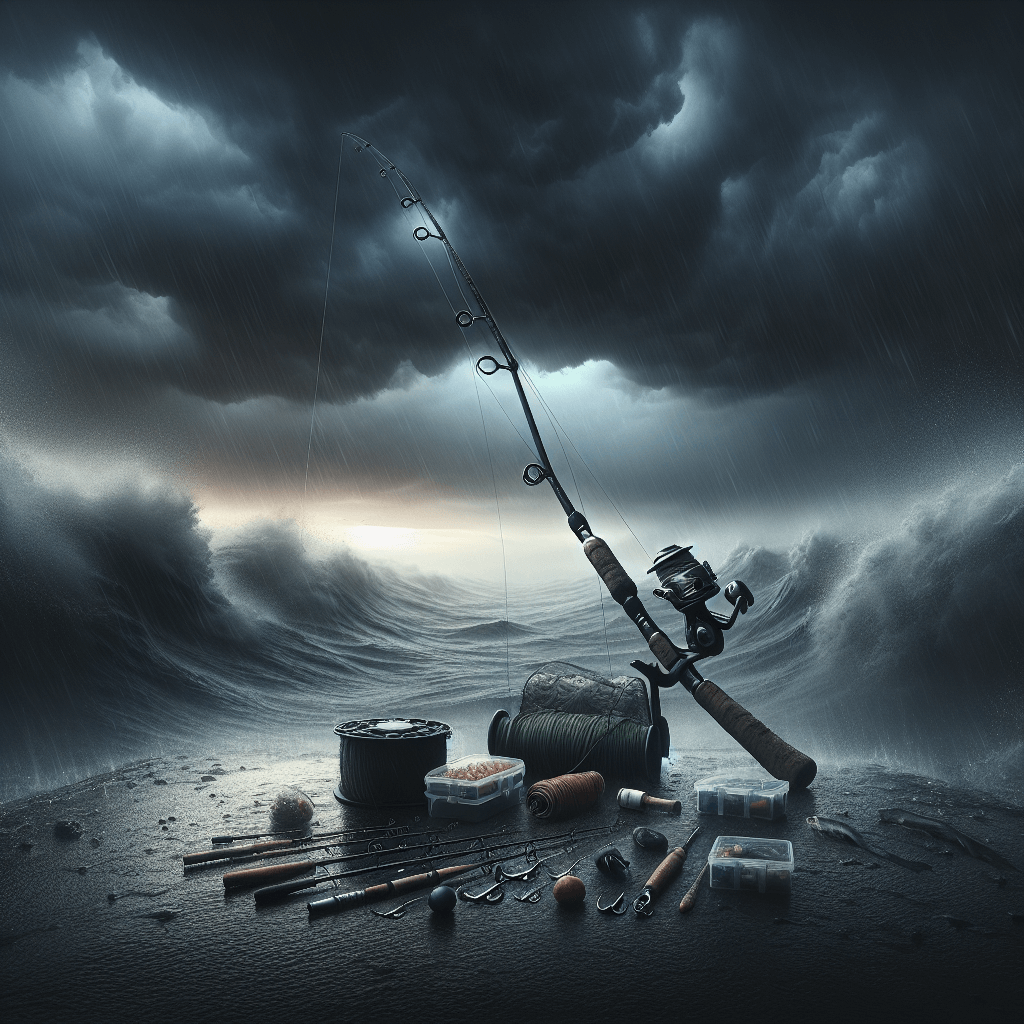Fishing can be an exhilarating and peaceful activity, but it’s important to prioritize your safety, especially when facing adverse weather conditions. Whether you’re a seasoned angler or a beginner, understanding and implementing safety precautions can make all the difference. From wearing appropriate clothing to being aware of changing weather patterns, this article will guide you on the necessary measures to ensure a safe and enjoyable fishing experience, even in challenging weather conditions.
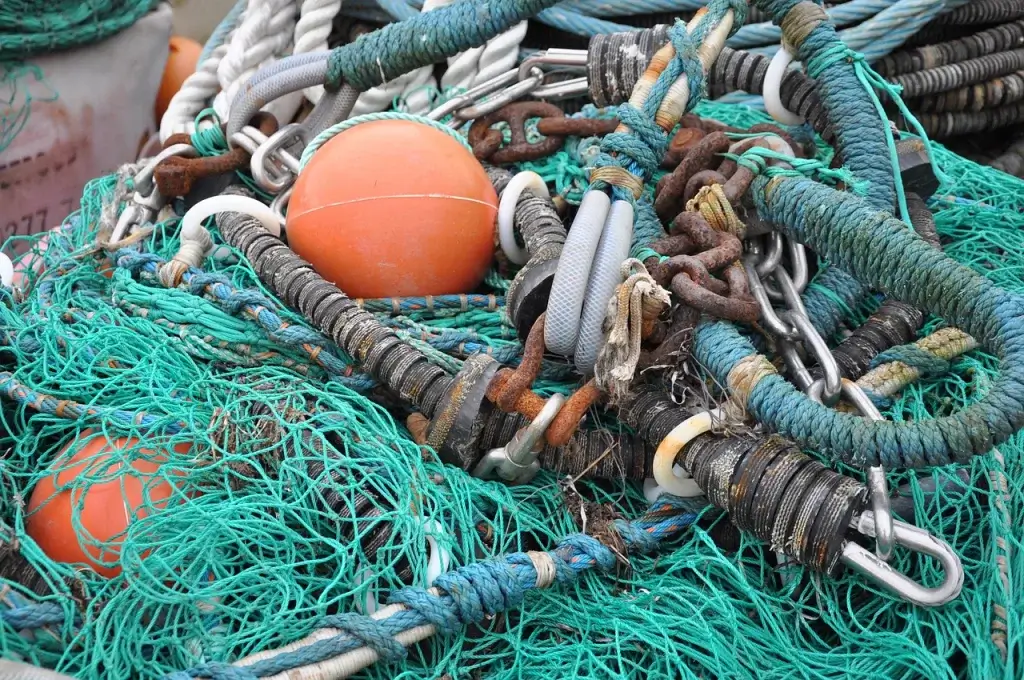
Choose the Right Equipment
Fishing can be an enjoyable and rewarding hobby, but it’s important to make sure you have the right equipment before heading out. Selecting appropriate fishing gear is crucial to ensure a successful and safe fishing experience. Consider the type of fishing you’ll be doing and the specific fish species you’ll be targeting. This will help you determine the type and size of fishing rod, reel, and line that would be most suitable for your needs. Make sure to choose gear that is well-maintained and in good working condition.
Before heading out, it’s essential to check your fishing equipment thoroughly. Inspect your rod for any signs of damage or wear, such as cracks or loose fittings. Check your reel to ensure that it spins smoothly and that the drag is functioning properly. Examine your fishing line for any fraying or weak spots, as these can lead to line breakages. By taking the time to inspect your equipment, you can avoid any potential mishaps or equipment failures while out on the water.
Another important aspect of being properly prepared for a fishing trip is wearing the appropriate fishing apparel. Dressing according to the weather conditions is vital to ensure your comfort and safety. In warmer weather, choose lightweight and breathable clothing that offers protection from the sun’s harmful rays. In colder weather, layer your clothing to stay warm and wear waterproof gear to keep yourself dry. Don’t forget to wear a hat, sunglasses, and sunscreen to protect yourself from the sun’s rays. By wearing the right apparel, you can fish comfortably and focus on enjoying your time on the water.
Check the Weather Forecast
Checking the weather forecast is crucial before heading out for a fishing trip. Staying updated with the latest weather conditions will help you make informed decisions about whether it’s safe to go fishing or if it’s better to postpone your plans. Thunderstorms and lightning are major dangers that should be taken seriously. If there is a forecast of thunderstorms or ongoing lightning activity, it’s best to stay off the water and seek shelter until the storm passes.
Extreme cold or heat can also be hazardous while fishing. Fishing in extreme cold temperatures can lead to hypothermia, while fishing in extreme heat can cause heatstroke or dehydration. It’s important to avoid fishing in these conditions, especially if you don’t have the proper gear or means to stay warm or cool. Prioritize your safety and well-being by choosing to fish on days with mild and comfortable weather conditions.
Inform Someone about Your Fishing Plans
Before you embark on a fishing trip, it’s crucial to inform someone you trust about your plans. Sharing your itinerary with a friend or family member is a responsible precaution to take. Let them know where you’ll be fishing, the expected duration of your trip, and any specific locations you plan to visit. This way, if anything unexpected happens, your loved ones will have a general idea of your whereabouts and can alert authorities if necessary.
Along with sharing your itinerary, specify your expected return time. Inform your contact person about when you anticipate finishing your fishing trip and when they should expect you back. This will help them keep track of your progress and be alert if you haven’t returned by the designated time. Regular check-ins can also be arranged, such as a quick text or phone call after certain intervals, to provide updates and ensure your safety.
Choose the Right Fishing Location
Researching fishing spots and safety records is essential to choose the right fishing location. Look for areas that have a good reputation for fishing and are known to be safe. Pay attention to any warnings or advisories related to specific water bodies or fishing spots. Some areas might have strong currents, dangerous terrain, or other potential hazards that could make fishing risky. By diligently researching and selecting a safe fishing location, you can minimize the chances of accidents or dangers while on the water.
It’s also crucial to consider local regulations or restrictions when choosing a fishing location. Some places might have specific rules regarding fishing permits, catch limits, or protected areas. Familiarize yourself with these regulations and ensure that you comply with them to avoid any legal issues. Fishing responsibly not only protects the environment but also helps maintain a positive fishing experience for everyone involved.
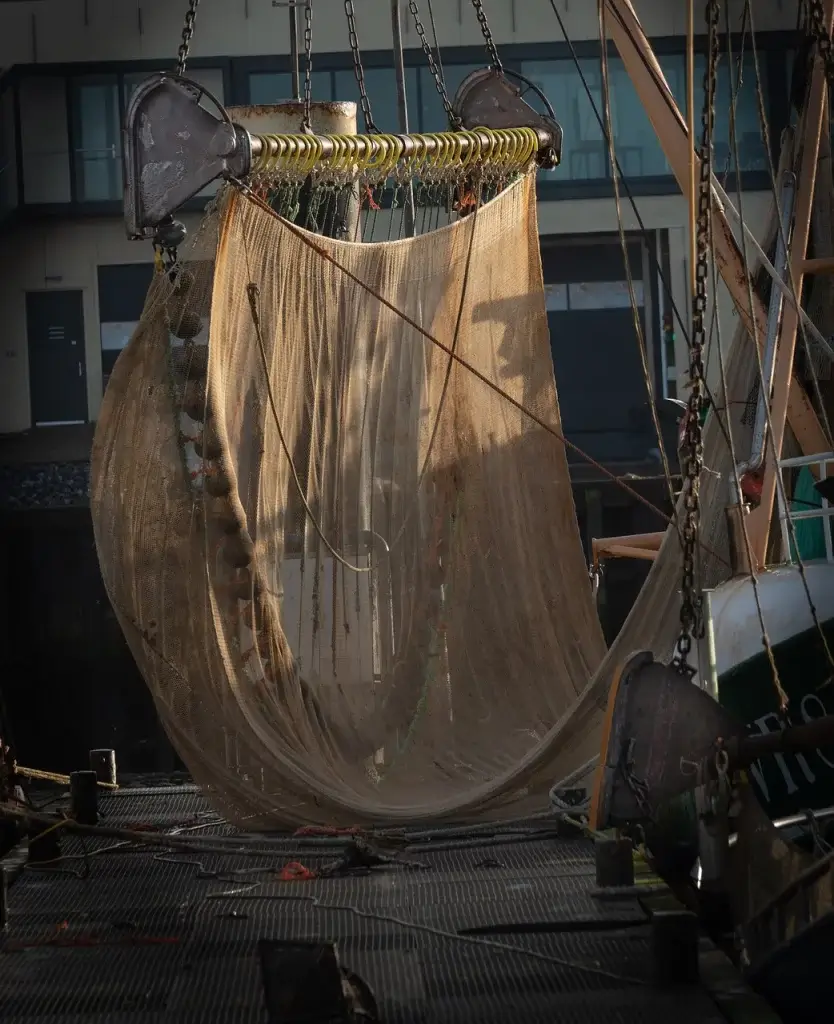
Bring Essential Safety Equipment
Carrying essential safety equipment is a crucial aspect of responsible fishing. One of the most important pieces of safety equipment to bring is a flotation device. Whether it’s a life jacket or a floatation suit, having something that can keep you buoyant and afloat is essential in case of accidental falls or emergencies. Make sure the flotation device fits you properly and is in good condition.
A first aid kit is another must-have item for any fishing trip. Accidents can happen, and being prepared with basic first aid supplies can make all the difference in providing immediate care. Ensure your first aid kit includes items such as bandages, antiseptic ointment, adhesive tape, and pain relievers. Additionally, consider including any personal medications or items specific to your health needs.
Having a whistle or other signals for emergency communication is important when fishing. These can be used to attract attention or call for help if needed. Make sure to keep your whistle or signaling device easily accessible, such as attaching it to your life jacket or fishing vest. In case of any emergencies or unexpected situations, having a way to communicate with others can be crucial.
Be Cautious while Casting and Reeling
Casting and reeling are fundamental aspects of fishing, but it’s essential to exercise caution while performing these actions. Maintaining a safe distance from others is crucial to avoid any accidents or injuries. Be aware of your surroundings and make sure there are no obstructions, such as trees or other structures, that could interfere with your casting. Keep a safe distance between yourself and other fishermen to avoid entanglement or collisions.
Never cast when people or animals are nearby. Be mindful of your surroundings and ensure that there are no individuals, pets, or wildlife within the range of your casting. Casting with hooks can be dangerous, and accidental hooking can cause serious harm. Take the time to check for any potential hazards and always prioritize the safety of yourself and those around you.
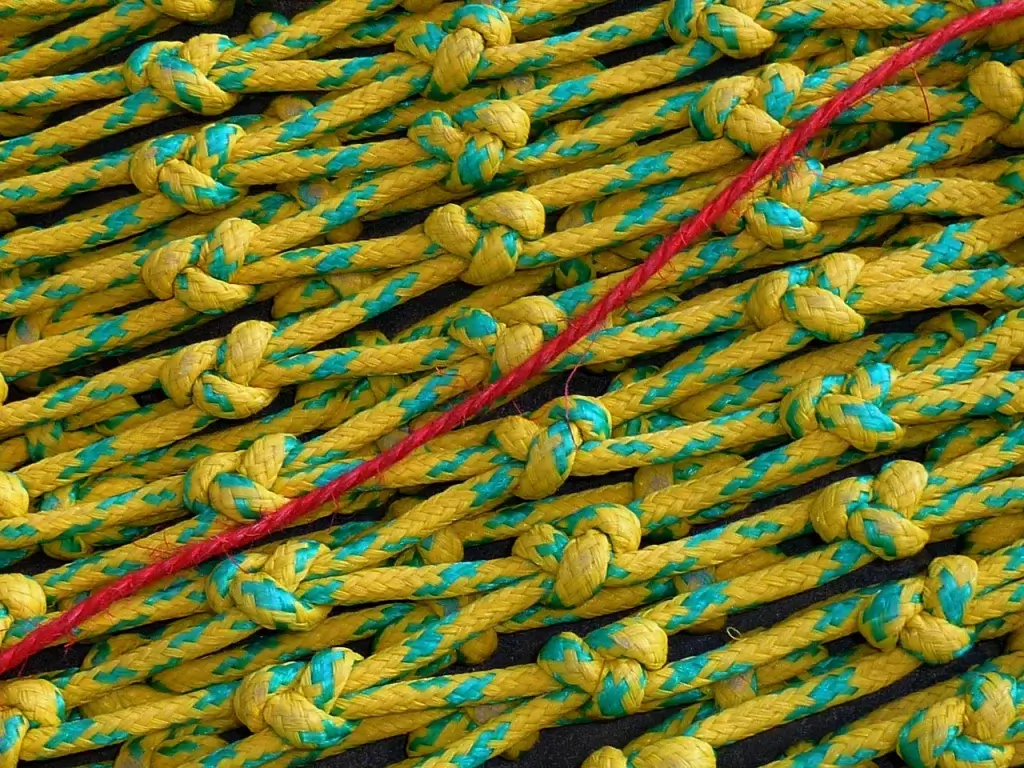
Be Mindful of Fishing Lines and Hooks
Handling fishing lines with care is crucial to avoid accidents and injuries. Fishing lines can be sharp and abrasive, so it’s important to handle them with caution to prevent any cuts or abrasions. Avoid yanking or pulling on the fishing line excessively, as this can lead to line breakage or backlash. Take your time when handling the line and be gentle to prevent any accidents.
Using barbless hooks, if possible, is an additional safety measure to consider. Barbless hooks are easier to remove from fish and reduce the risk of injury to both the fish and the angler. If you choose to use barbed hooks, make sure to keep them covered with a protective cap or keep them securely stored when they are not in use. This will help prevent accidental hooking and reduce the risk of any unintended injuries.
Avoid Fishing Alone
Fishing with a partner or in a group is highly recommended for safety reasons. Having another person with you can greatly reduce the risks associated with fishing accidents or emergencies. When fishing with a partner or in a group, keep an eye on each other and communicate regularly. This way, you can assist each other in case of accidents, injuries, or any unexpected situations that may arise.
Fishing alone can be potentially dangerous, as there is no one to immediately help or provide assistance in an emergency. If you do choose to fish alone, it’s essential to take extra precautions and be well-prepared. Inform someone you trust about your plans, bring necessary safety equipment, and stay vigilant throughout your fishing trip. Being cautious and responsible will help ensure a safe and enjoyable fishing experience.
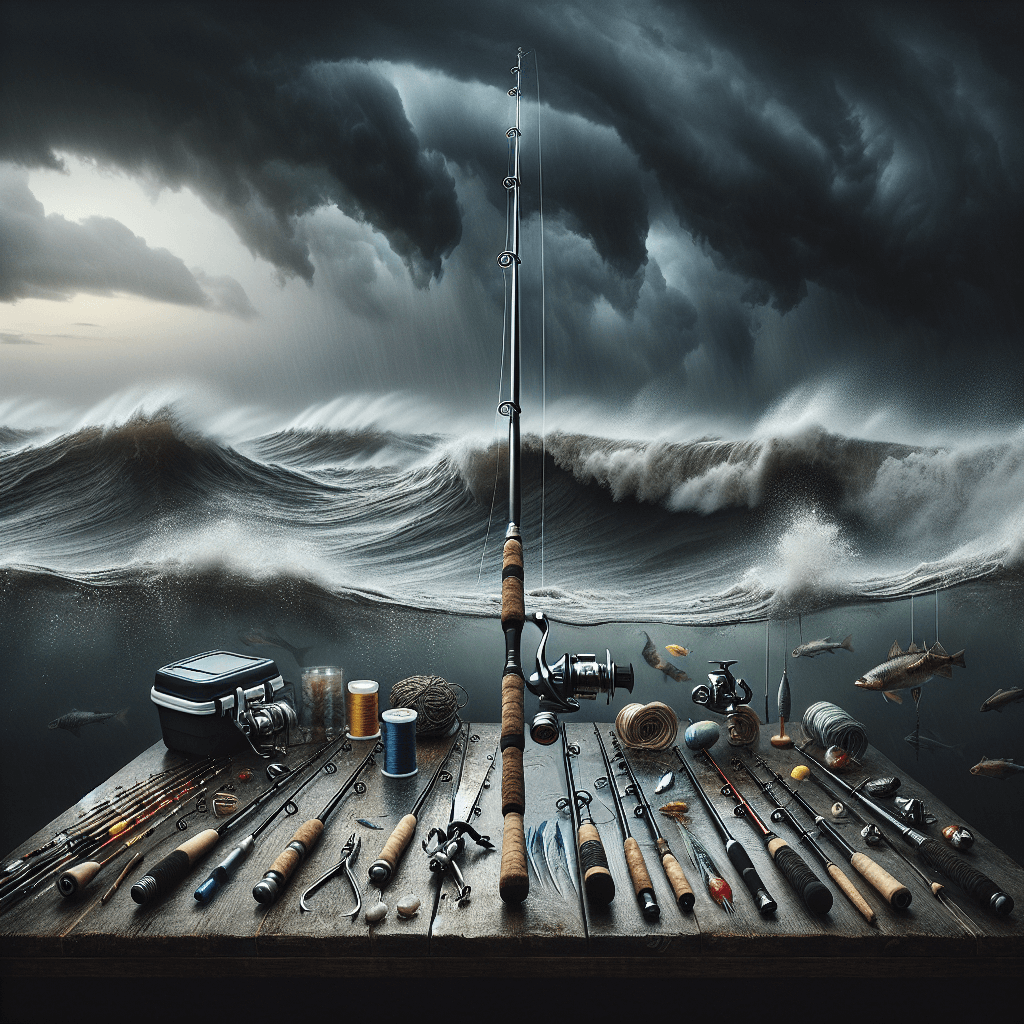
Stay Hydrated and Nourished
Staying hydrated and nourished while fishing is essential for your well-being and safety. Spending time out on the water, especially under the sun, can cause dehydration. Make sure to drink plenty of water throughout your fishing trip to stay properly hydrated. It’s best to bring a sufficient supply of water with you and drink regularly, even if you don’t feel thirsty.
Carrying snacks or light meals is also important to keep your energy levels up and prevent fatigue. Fishing can be physically demanding, and having easy-to-eat snacks or meals can ensure that you stay nourished throughout the day. Opt for healthy and easily digestible options, such as granola bars, fruit, or sandwiches. Avoid consuming excessive amounts of alcohol or caffeine, as these can dehydrate you and impair your judgment, increasing the risk of accidents.
Use Common Sense and Stay Alert
Using your best judgment and staying alert are critical aspects of ensuring your safety while fishing. Common sense plays a significant role in identifying and avoiding potential hazards or changes in your environment. Trust your instincts and be mindful of any sudden changes in weather conditions, water levels, or the behavior of other anglers. If something feels off or unsafe, it’s best to exercise caution and adjust your plans accordingly.
Being aware of potential hazards or changes around you is essential for a safe fishing experience. Stay vigilant and observe your surroundings for any signs of danger. Watch out for any sudden changes in weather, such as darkening skies or sudden strong winds. Be cautious of changes in water conditions, such as rising water levels or strong currents. By staying alert and proactively assessing your surroundings, you can minimize risks and ensure a safe fishing experience.
Following these safety precautions will help ensure that your fishing trips are enjoyable and free from accidents or mishaps:
Choose the right equipment, check the weather forecast, inform someone about your plans, choose the right location, bring safety equipment, be cautious while casting and reeling, be mindful of fishing lines and hooks, avoid fishing alone, stay hydrated and nourished, use common sense, and stay alert.
By prioritizing safety and being prepared, you can have a safe and successful fishing experience.
